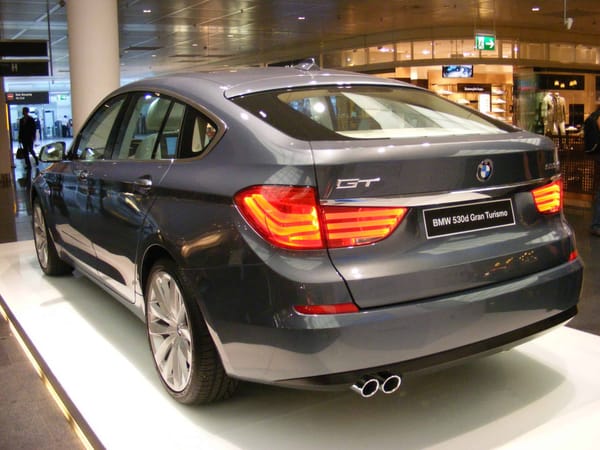Are BMW cars a source of smog?
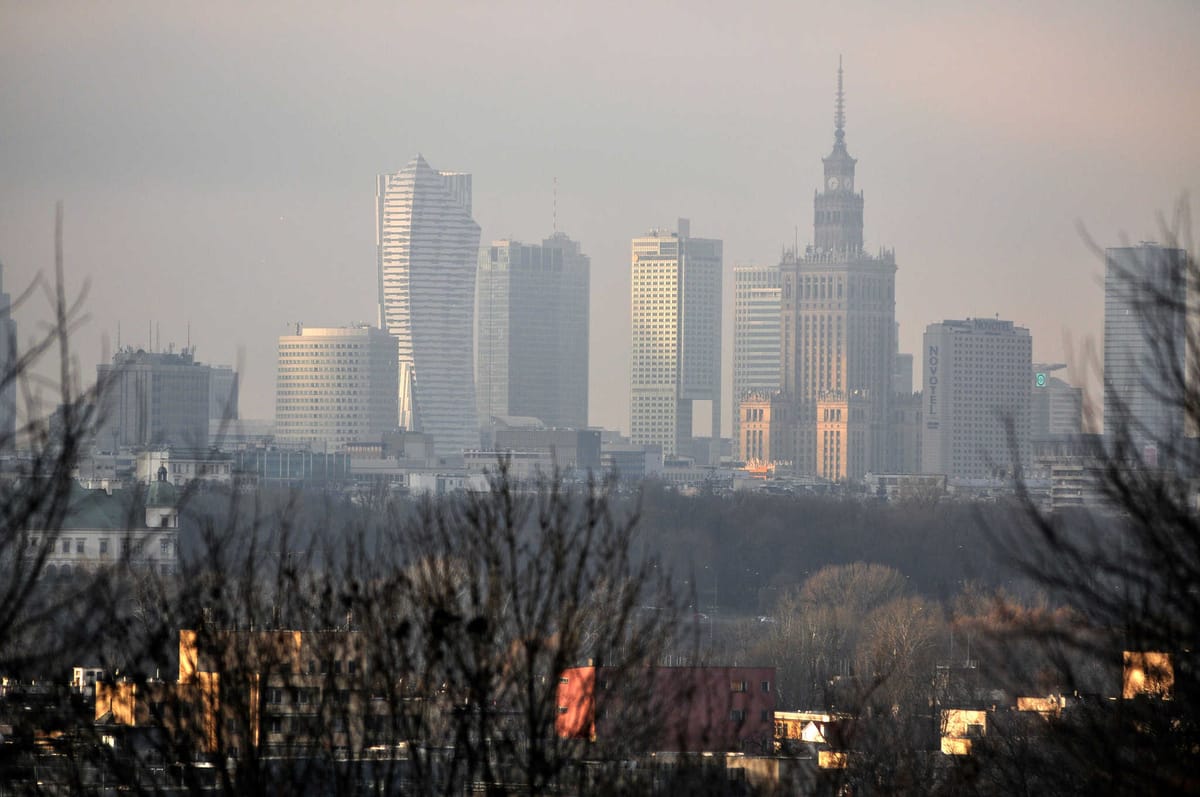
Every year when it gets colder, in addition to the slogan "winter surprised the road engineers," the topic of smog and its sources also returns. This problem is not at all new. Successively for many years, the air quality in Polish cities is very bad. Sources of pollution include not only large industry, but also so-called low emissions, i.e. central heating stoves, fireplaces and cars. Admittedly, scientific sources identify many more possible causes of this phenomenon, but we will focus on the closest ones.
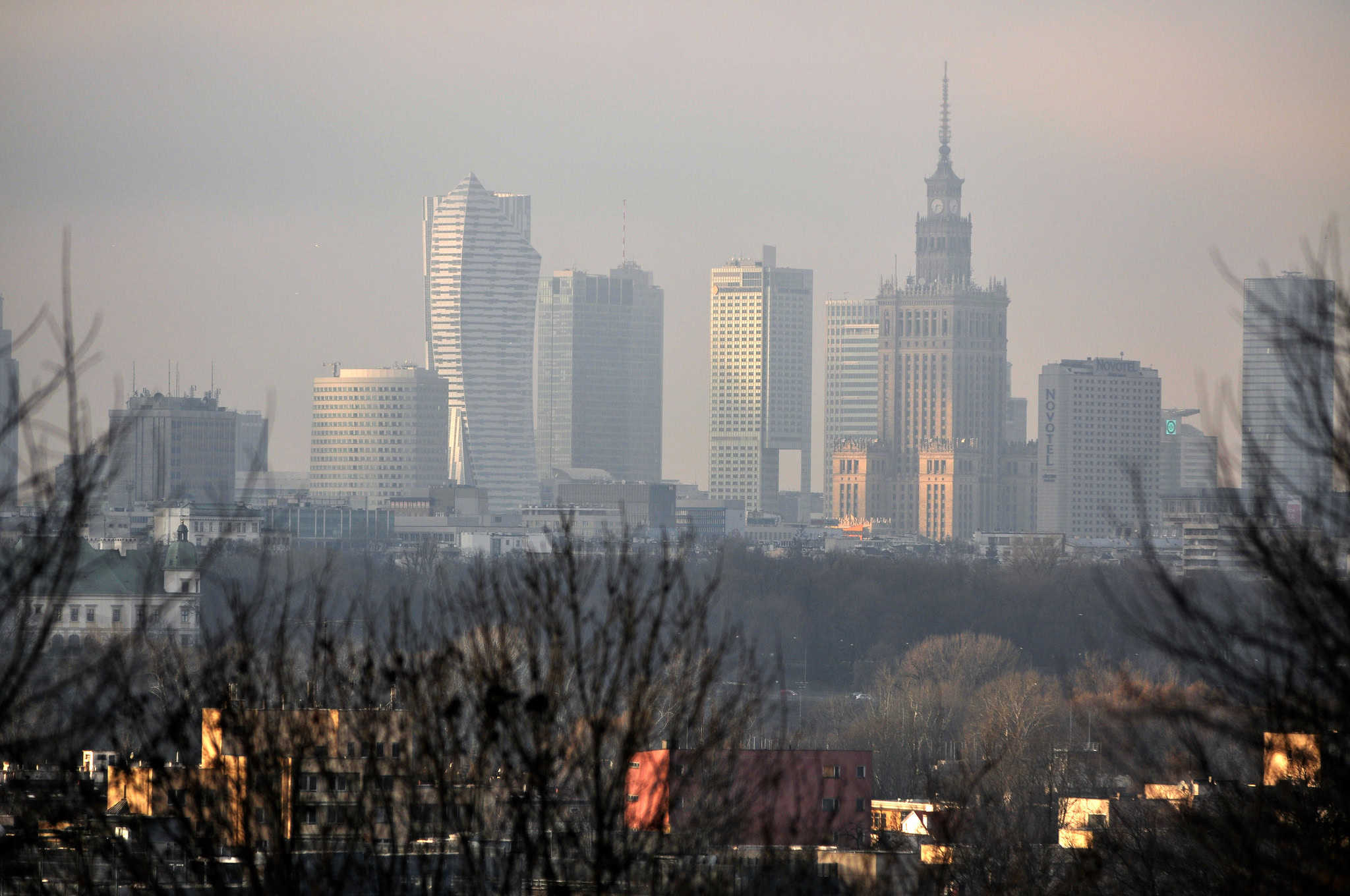
According to various sources, road transport is responsible for more than 40% of the pollutants emitted into the atmosphere that cause smog in cities. However, these proportions change during the winter. In Polish cities, home heating systems are very often a significant source of emissions. Central heating stoves burning poor-quality coal, fireplaces burning damp wood, and even the burning of garbage and waste are common. We will focus on pollution emitted by vehicles.
Road transportation is 98% based on oil. Despite the significant expansion of hybrid and electric vehicles, the traditional internal combustion engine still dominates. In recent years, passenger cars have increasingly been equipped with diesel engines. According to official data, in Europe the share of newly registered diesel cars exceeds 50%.
However, this engine, in addition to its many advantages, has serious disadvantages related to the emission of very harmful substances - products of combustion. Since 1993, emission standards known as Euro standards have been introduced for newly registered vehicles in the European Union. These standards were developed in a series of European Directives, which gradually increased in stringency. Since 2014, the Euro 6 standard has been in force in this regard.
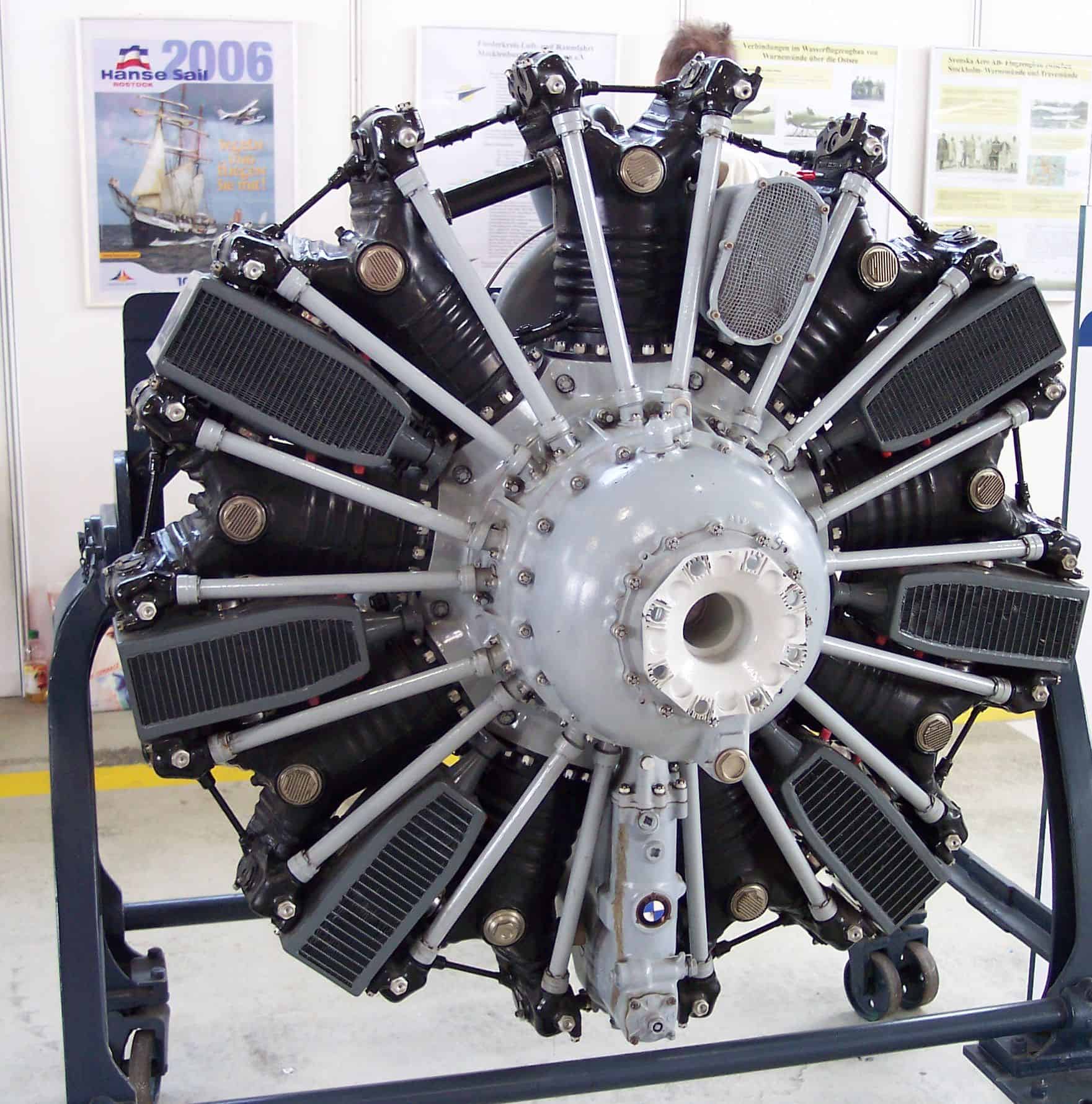
Are BMW cars environmentally friendly ?
The BMW Group has been at the forefront of introducing pro-environmental solutions into its designs for many years now. Both vehicles with gasoline engines and diesel engines use systems that ensure compliance with strict Euro standards. At the same time, they ensure appropriate operating dynamics and high fuel consumption standards. To meet these high requirements, the following systems are commonly used in BMW vehicles:
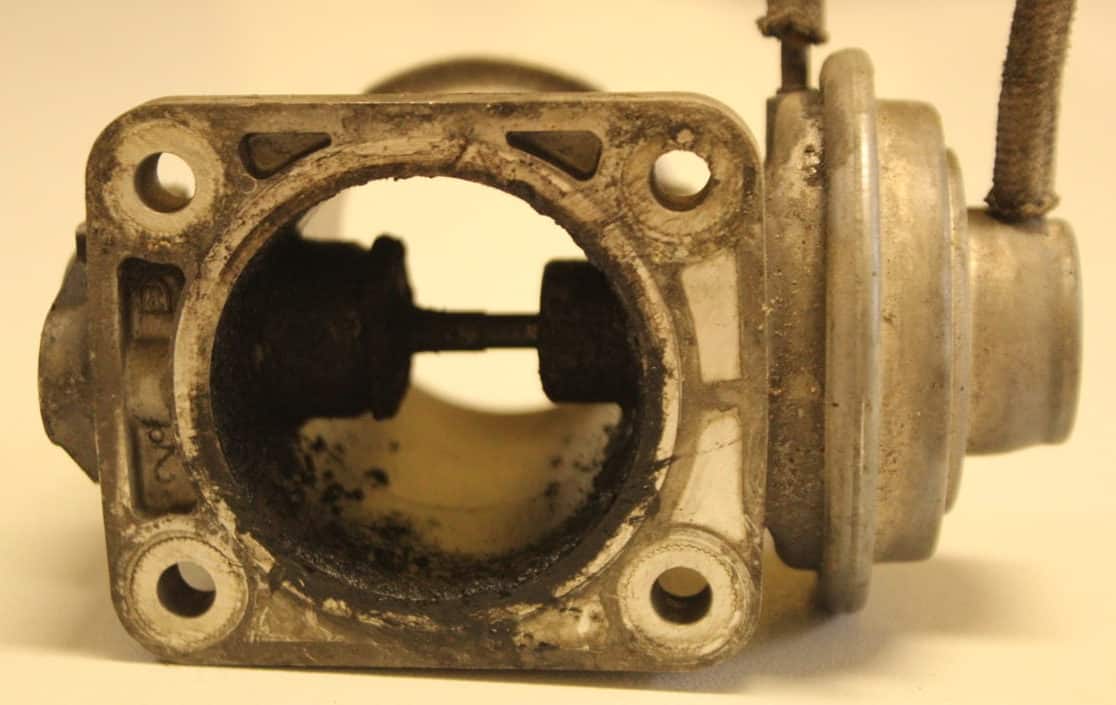
- Exhaust gasrecirculation (EGR - from Exhaust Gas Recirculation) - one of several systems used to reduce pollutants in the exhaust gas, used in modern vehicles with reciprocating engines. The principle of the system is to recirculate a certain amount of exhaust gas into the engine supply system.
- Start-Stop system - a system that automatically shuts down the engine when it is not needed.
- Particulatefilter (abbreviated DPF - Diesel Particulate Filter or FAP - Filtre à Particules) is a filter included in the exhaust system. It is installed in cars equipped with diesel engines, and its task is to clean exhaust gas from soot particles.
Thanks to the use of the above-mentioned elements, it has been possible to drastically reduce emissions of harmful substances into the atmosphere and ensure that the results obtained comply with subsequent Euro standards. However, the efficiency of the above systems depends on periodic maintenance and use of consumables recommended by the manufacturers(including appropriate oils).
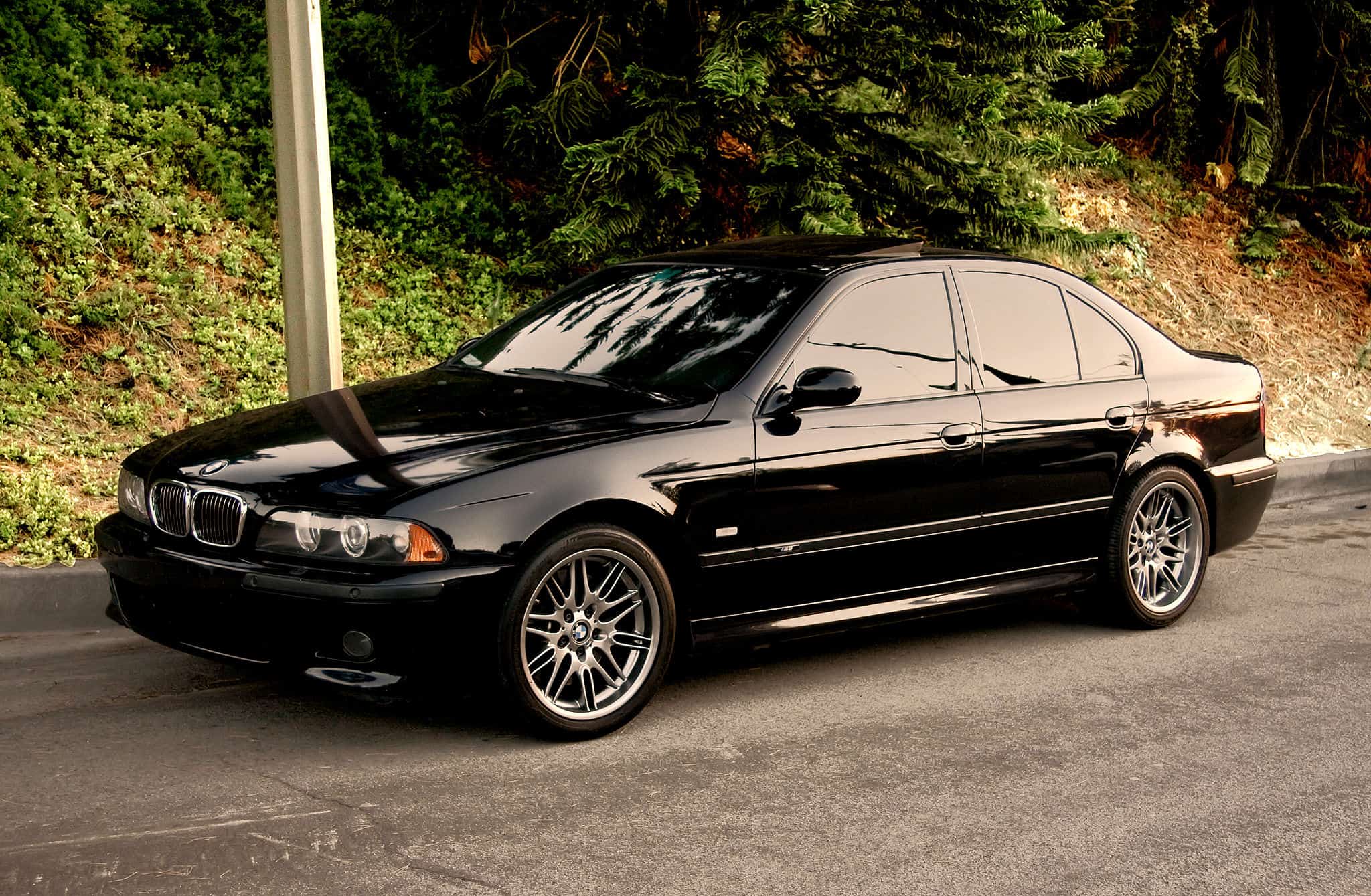
The most common exhaust system defects in BMW cars
In BMW cars, as in other brands, under the influence of long use, wear of exhaust system components occurs. Depending on the mode of operation and the materials used, the following defects are most common:
- Cracking of the exhaust manifold - often occurring in 3.0, less often 2.0 diesel engines, under the influence of significant thermal loads, the body of the manifold breaks and the exhaust gas escapes outside the filtration system.
- EGR malfunction - mechanical blockage or damage to the EGR module causing a lack of exhaust gas recirculation and thus changing the parameters of the exhaust gases.
- DPF clogging - premature clogging of the filter, resulting in a significant reduction in engine power or even engine starting problems. A frequently used (but highly discouraged) solution is to remove the DPF. This results in a significant deterioration of exhaust gas performance. Clogging of the filter can happen in the following situations:
- Defects in the engine's glow system.
- Underheating of the engine (faulty thermostats).
- Operation over very short distances.
- Using the wrong engine oil - any oil other than that recommended by the manufacturer.
- Use of the wrong fuel (fuel oils, machine oils, etc.).
- Faulty injection system (leaking, damaged injectors).
- Clogged catalytic converters in gasoline engines. The symptoms are similar to a clogged DPF - a significant reduction in engine power, a glowing check engine light, difficulty starting and its uneven operation. Clogged catalytic converter occurs:
- Under the influence of the use of improper fuels,
- Operation of the vehicle for very short distances,
- Malfunctions in the ignition system (worn-out plugs, coils) or injection system (defective injectors),
- Use of improper engine oils
- The removal of the catalytic converter, which is often used in this case, has fatal consequences for the quality of exhaust emissions.
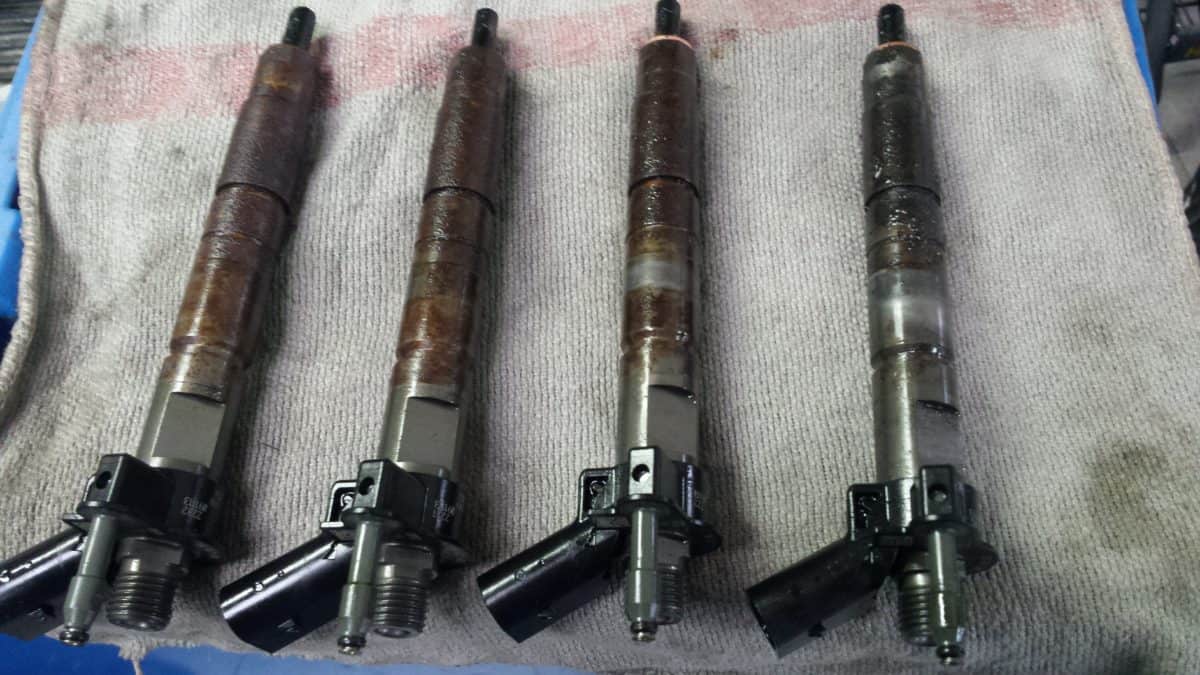
The above-described common defects in the exhaust systems of BMW cars contribute to smog in our cities. To prevent this, we must pay attention not only to the cost of servicing, but above all to its regularity and application of the rules recommended by the vehicle manufacturer - the BMW concern.


